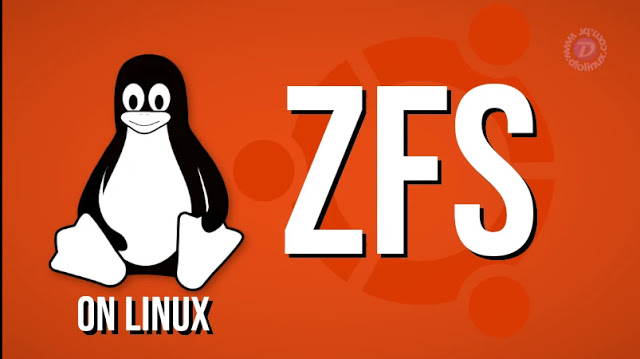Canonical has been working on experimental ZFS file system support in the Ubiquity installer, but what's the benefit?

You may be wondering: What the hell is this about ZFS? ZFS is a file system combined into a logical volume manager, implemented by a team at Sun Microsystems l in mid-2001. A file system (File System) is used to effectively store, organize, and access data on a computer. Several devices make use of a File System: CDs, DVDs, Blu-ray Discs, HDDs, SSDs, memory cards, USB sticks and anything else that can be stored logically (in the computational sense of the word, if any).
Heavily coveted for having valuable server features such as RAID, compression, transparent encryption, autocorrection, block size resizing, monstrous data storage capacity (256 zettabytes) and much more, ZFS is the future of file system by many area professionals. To cite just a practical advantage of ZFS, imagine an administrator who has a failed disk, if he was using ZFS, he could partially (or fully, depending on the state of the disk) recover his files. In the case of a multiple disk RAID5, the performance gain would be monstrous, because instead of separating the small files into multiple copies scattered on the disk, ZFS creates mirrors of these small files, avoiding unnecessary parity calculations. Obviously, such features are not important for all types of users, however, for system administrators or servers something that shines an eye.
For those interested, you can use ZFS on Ubuntu. as per your official wikihowever, the feature is being implemented directly in Ubuntu 19.10's Ubiquity installer on an experimental basis, increasing the range of possibilities for more advanced users (which may be enabled upon system installation). If you're interested in a more technical subject about File systems, the following video from Tux's Toca channel is a knowledge mine.
_____________________________________________________________________________ See any errors or would you like to add any suggestions to this article? Collaborate, click here.
